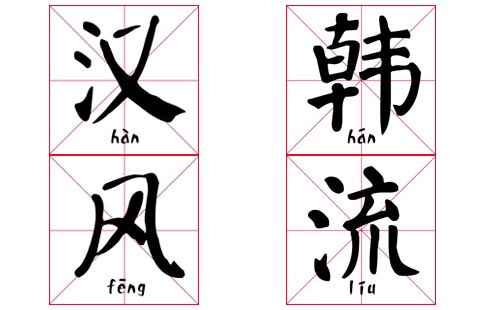Chinese writers looking abroad
( Xinhua ) Updated: 2014-08-31 10:41:53
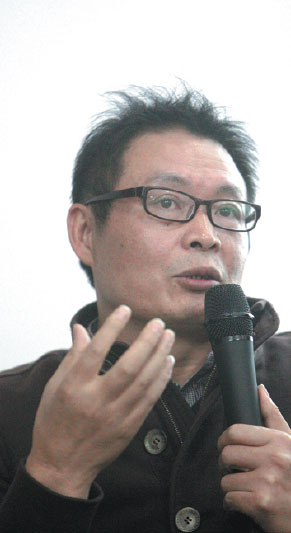 |
|
Author Mai Jia enjoys popularity with a series of espionage novels. Provided to China Daily |
INCREASING APPETITES
Market insiders have said more foreign readers are becoming interested in China.
"The foreign readers have never been more interested in China and we're expecting some excellent young Chinese writers," said David Parrish, sales and marketing director of Random House in East Asia.
He said the Asia-Pacific market will be the ideal start point for Chinese authors, as their culture is increasingly well accepted in the region.
Meanwhile, some have suggested Chinese writers and publishers should better grasp the interest and expectations of foreign readers.
Daniel Watts, publishing consultant and the former Managing Director of Pan Macmillan Asia, used Chinese scholar Yu Dan's book on Confucius as an example.
The non-fiction work "Confucius from heart: Ancient wisdom for today's world" has been published in 29 different languages, with more than 350,000 copies sold outside China.
"Many westerners have heard the name of Confucius, but few of them could understand his original works," explained Watts. "Yu Dan's book presents the Confucianism in a western-reader-friendly format."
Watts also advised Chinese authors to find their own niche markets, instead of all squeezing into the over crowded Anglo-American market.
"Only three percent of the books in the UK and US are translated ones. It's extremely difficult for the foreign language books to succeed there."
Toby Eady, a renowned British literary agent, also believed that "small is beautiful", and pointed out that Chinese writers will gain much more attention and resources from small publishers and small markets than from the big ones.
CHALLENGES AHEAD
Despite the open arms of western publishers and readers, there are still stumbling blocks lying ahead, among which, translation is the most challenging one.
Yu Dan's Confucius book is comparatively short in Chinese non-fictions, with only 60,000 characters. But it took it almost three years to go global.
"My friends asked me why we were that patient," Gu Qing, deputy editor-in-chief of Zhonghua Book Company and Yu Dan's Chinese publisher recalled. "The book is well-written, but its overseas success is owed to the excellent translation."
Chen Jiaxian, chairman of Taiwan's Bardon-Chinese Media Agency, also advised his counterparts in the mainland to slow down and take the long view.
"Some publishers require books to come out in six months. I can't even find the right translator to do a single chapter in such a short time." Chen said, "We should trust each other and have more patience in exploring a new market."
Wu Fan, a bilingual writer living in San Francisco stressed that besides translators, Chinese authors also need help from professional literary agents, which is still a rare occupation in the country.
Wu moved to the US in 1997 for further study at Stanford and later worked in Yahoo. She started writing simply out of interest.
"I knew no writers in the US and without my agent I would never be recognized by the publishing houses or mainstream media," Wu explained. "About 90 percent of the writers in UK and US have their agents, who help them with copyright negotiation and promotion so they can focus on writing."
There are nearly 50 countries in the European market, with over 700 million people speaking dozens of different languages, according to Parrish.
"Facing such a mixed market, the Chinese writers need good agents to help them filter the demands," Parrish added.
|
|
|
|
|
|
|
|



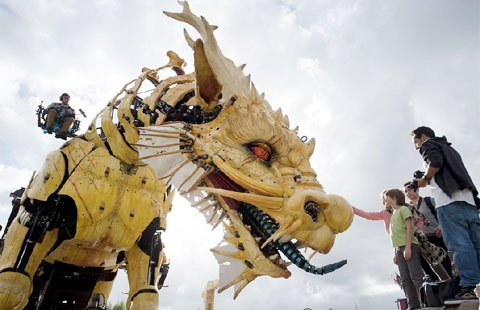
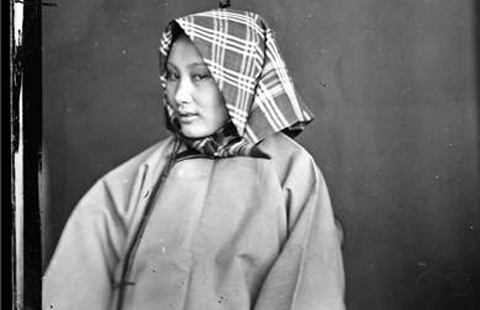

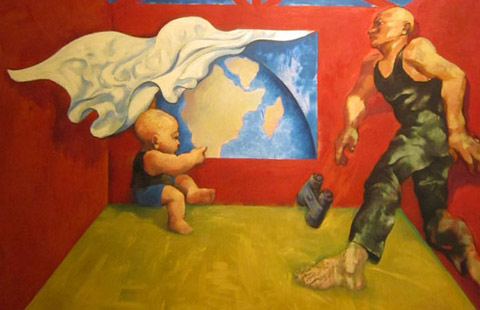











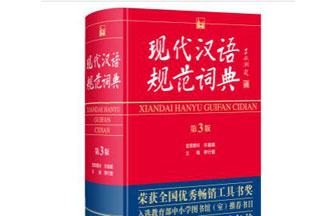



 Selfies and the art of staying within limits
Selfies and the art of staying within limits Raymond Zhou:
Raymond Zhou: Pauline D Loh:
Pauline D Loh: Hot Pot
Hot Pot Eco China
Eco China





